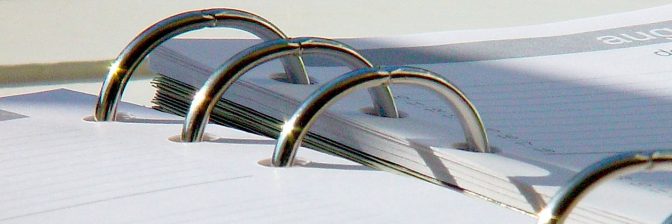The summer school consists of 3 days and half of classes, with each day devoted to a specific topic. Every morning is divided into 4 time slots of 50 minutes each, while every afternoon into 3 time slots of 50 minutes each. Two time slots are devoted to standard frontal teaching, while the other slot(s) to exercises under the supervision of the teacher.
There will be a welcome banquet starting at 19h00 on June 8, 2016 at the University Centre, while the summer school social dinner will be held on June 11, 2016, at 20h00, at the Ca’ de Be’ in the centre of Bertinoro.
More in detail, for each day we have the following schedule and topics, while the updated teaching material can be obtained here.
June 9, 2016 (Day 1) – Modelling (Laurent Lefèvre)
Schedule
- 8h:45 – 9h:00 Welcome
- 9h:00 – 9h:50 Slot #1-M
Short break - 10h:00 – 10h:50 Slot #2-M
Coffee break - 11h10 – 12h00 Slot #3-M
Short break - 12h10 – 13h00 Slot #4-M
Lunch - 14h:30 – 15h:20 Slot #1-A
Short break - 15h:30 – 16h:20 Slot #2-A
Coffee break - 16h40 – 17h30 Slot #3-A
Topics
- Classical approaches to build lumped parameters models for physical systems
- Local models (balance equations on infinitesimal macroscopic volume)
- Global models (balance equations on fixed or moving material domains)
- Structured models: the port-Hamiltonian approach
- Illustrative examples : transmission lines, beam equations, shallow water (or other free surface transport models such as Burger, KdV, etc.), chemical reactors (or other reaction-transport-diffusion problems), simpler transport models (diffusion, heat equation, etc.), population dynamics…
June 10, 2016 (Day 2) – Analysis and stability (Hans Zwart)
Schedule
- 9h:00 – 9h:50 Slot #1-M
- Short break
- 10h:00 – 10h:50 Slot #2-M
Coffee break - 11h10 – 12h00 Slot #3-M
Short break - 12h10 – 13h00 Slot #4-M
Lunch - 14h:30 – 15h:20 Slot #1-A
Short break - 15h:30 – 16h:20 Slot #2-A
Coffee break - 16h40 – 17h30 Slot #3-A
Topics
- Formulating a homogeneous partial differential equation as an abstract differential equation
- Existence of solutions for linear and semi-linear partial differential equations. Applications to port-Hamiltonian systems, diffusion equation and the viscous Burgers equation
- Semigroup theory for linear homogeneous partial differential equations
- Formulating a partial differential equation with input and outputs as an abstract system. The input/output may be acting in the interior of the spatial domain or on its boundary
- Stability and stabilizability
- Linear Quadratic optimal control
June 11, 2016 (Day 3) – Numerical aspects (Michael Hinze)
Schedule
- 9h:00 – 9h:50 Slot #1-M
- Short break
- 10h:00 – 10h:50 Slot #2-M
Coffee break - 11h10 – 12h00 Slot #3-M
Short break - 12h10 – 13h00 Slot #4-M
Lunch - 14h:30 – 15h:20 Slot #1-A
Short break - 15h:30 – 16h:20 Slot #2-A
Coffee break - 16h40 – 17h30 Slot #3-A
Topics
- Mathematical aspects of PDE constrained optimization: contains also weak formalism for PDEs, and an introduction to nonlinear optimisation
- Algorithmic concepts of PDE constrained optimization: focuses on the algorithmic part and explains steepest descent, smooth and semi-smooth Newton concepts
- Discrete concepts in PDE constrained optimization: contains the numerical treatment of the involved PDE (elliptic – FEM, parabolic – dG in time, FEM in space)
- Interplay of discretization and optimisation
June 12, 2016 (Day 4) – Application case (All)
Schedule
- 9h:00 – 9h:50 Slot #1-M
- Short break
- 10h:00 – 10h:50 Slot #2-M
Coffee break - 11h10 – 12h00 Slot #3-M
Short break - 12h10 – 13h00 Slot #4-M
Lunch
Topics
Modelling, analysis and boundary control of a free surface transport model. This lecture will involve all the three teachers, each responsible for a particular aspect of the application case.

